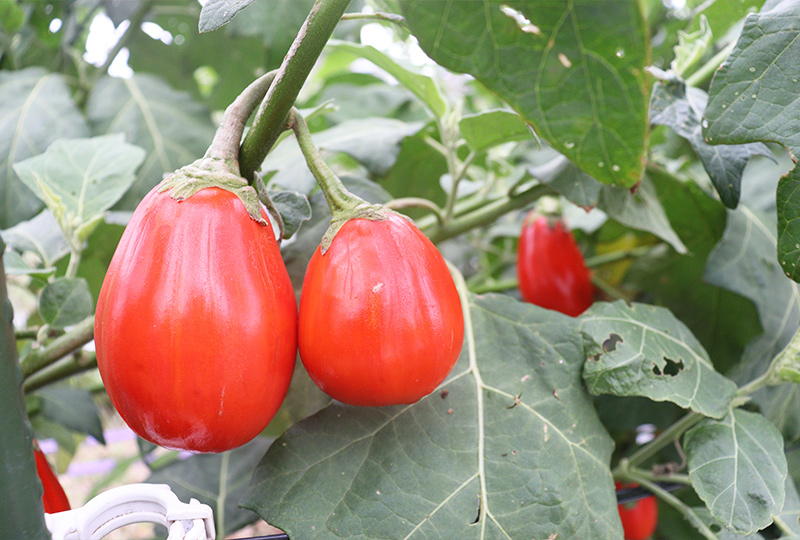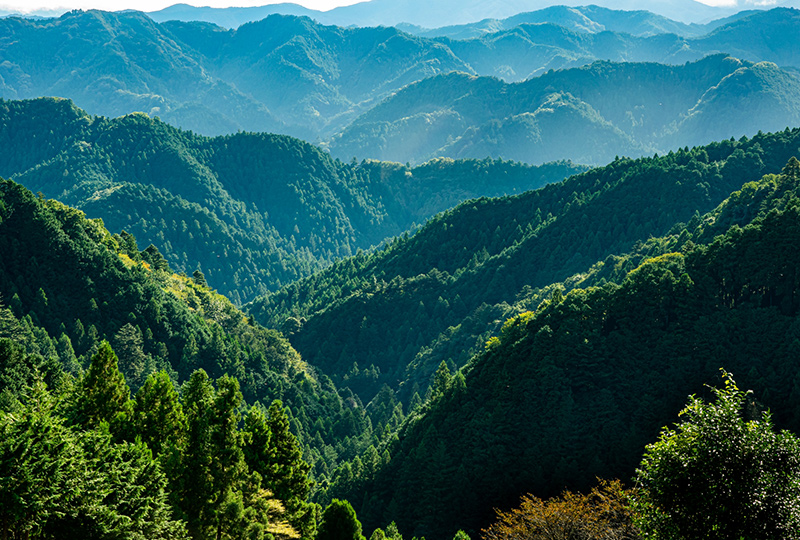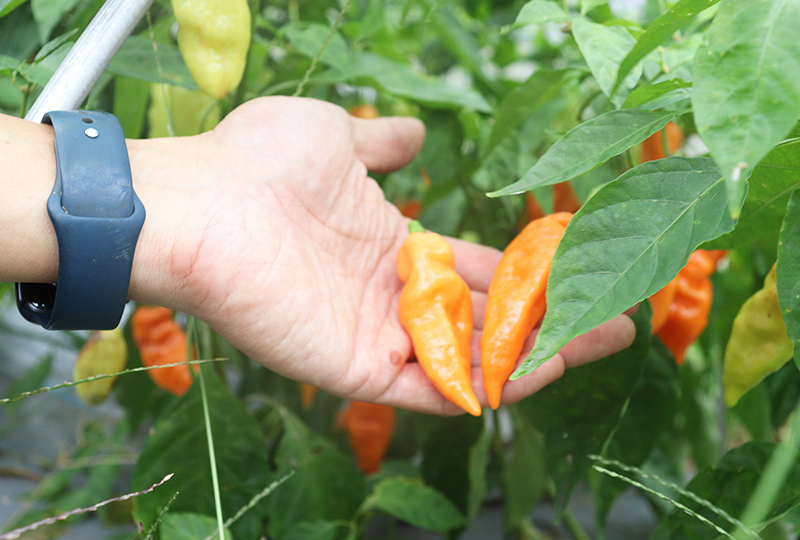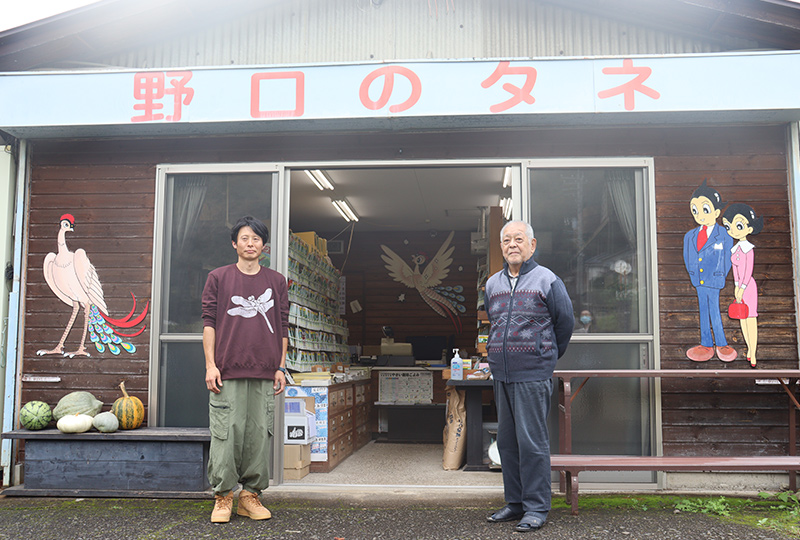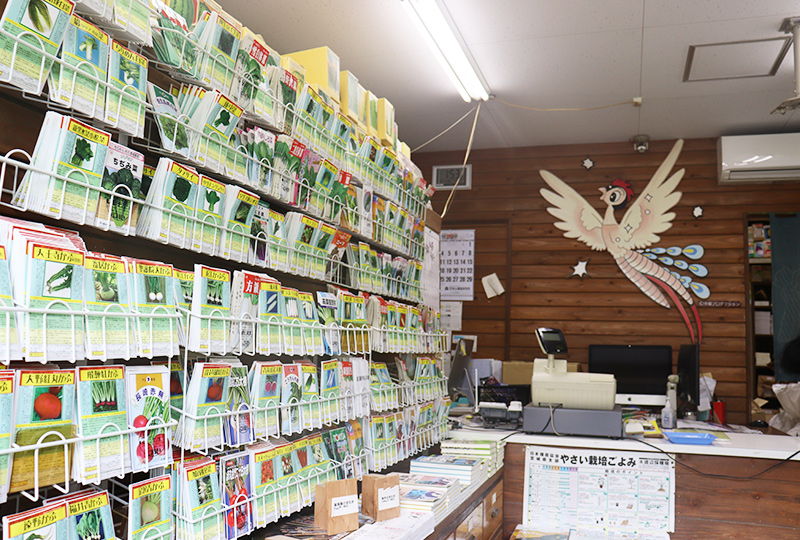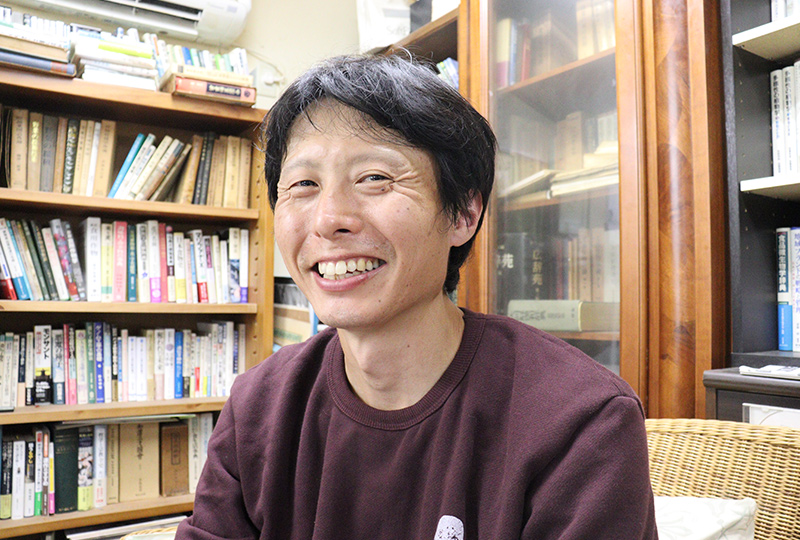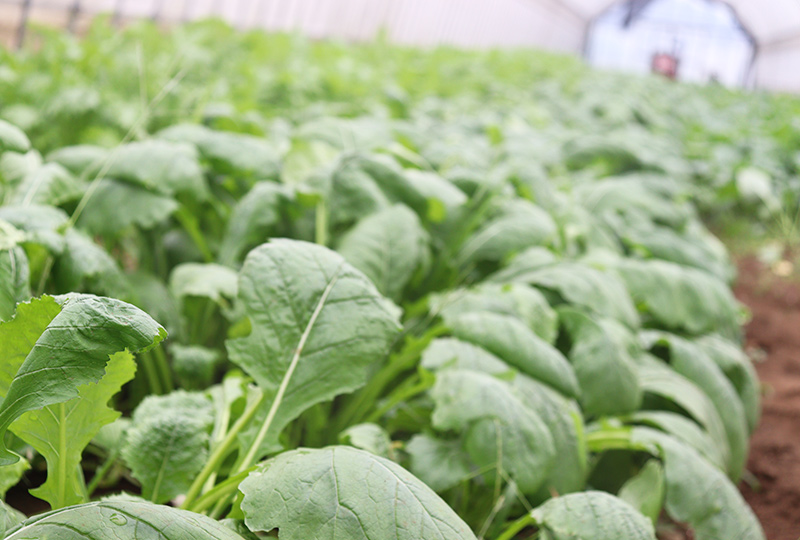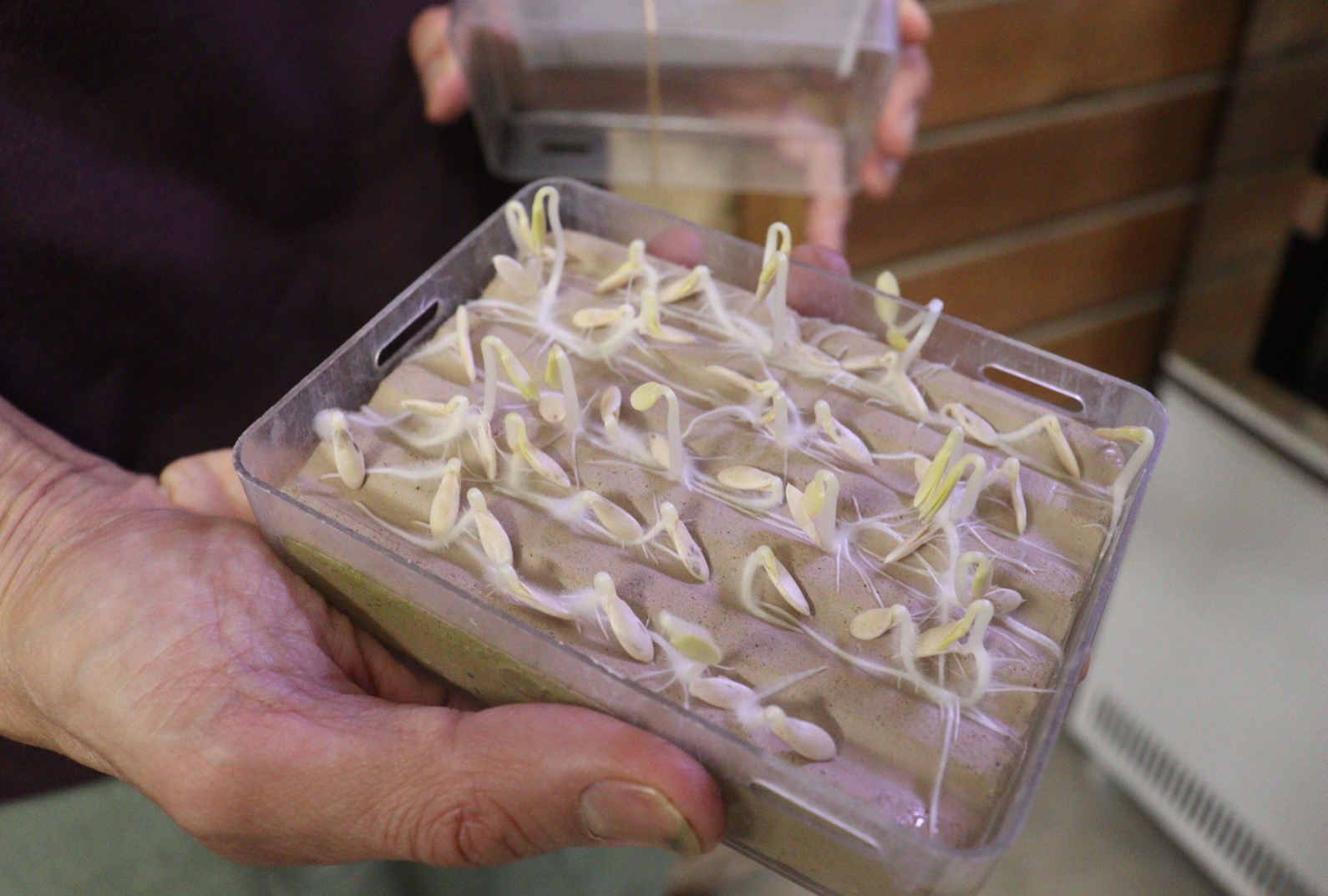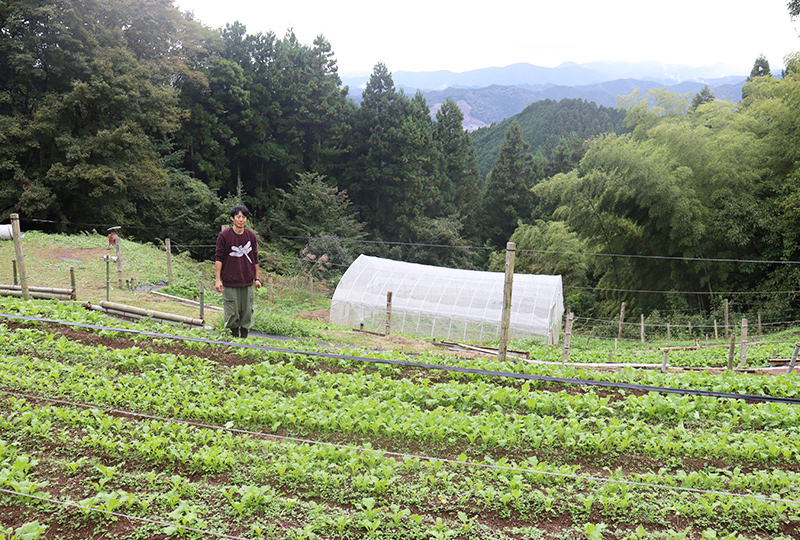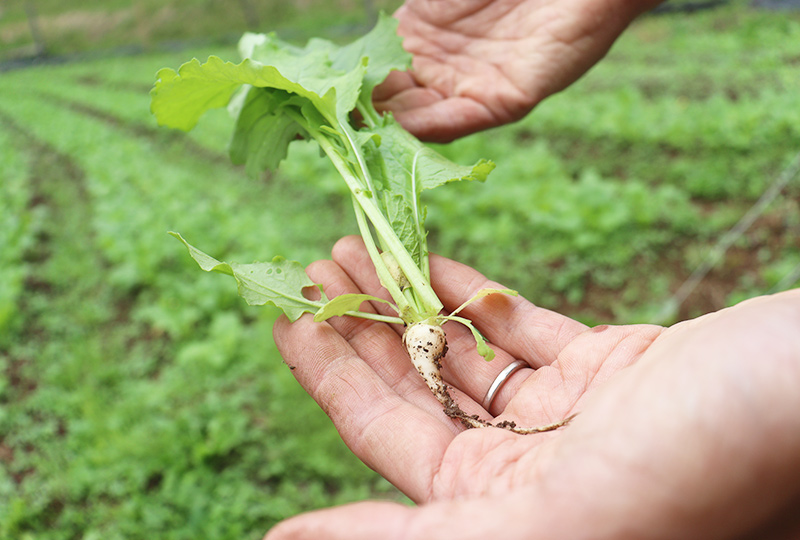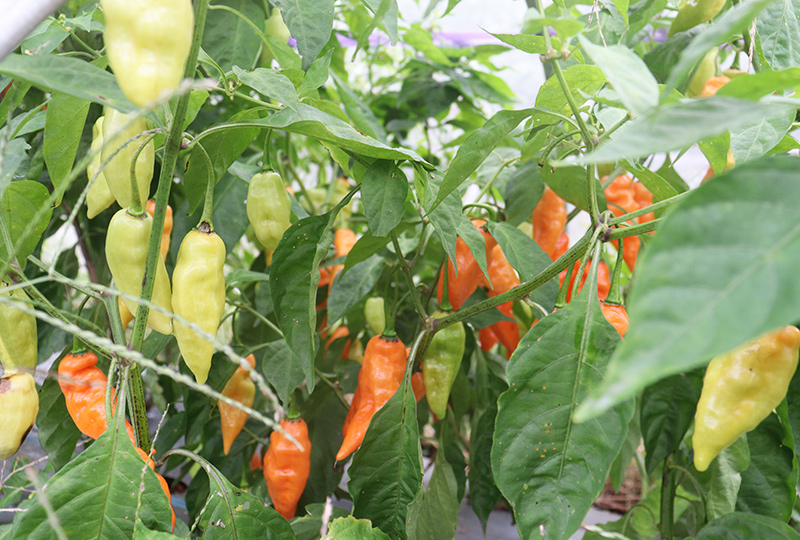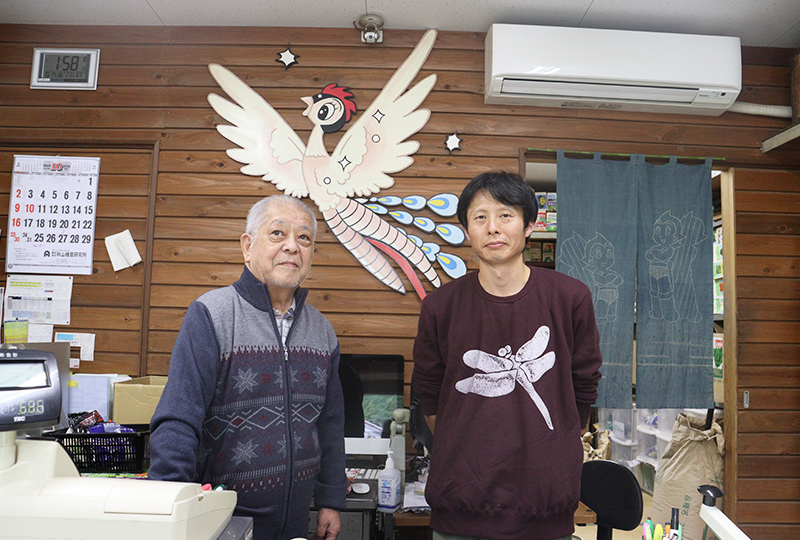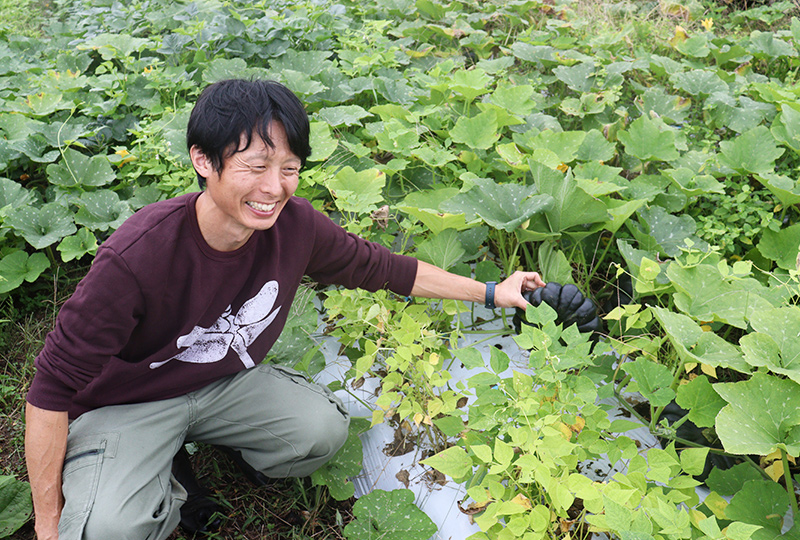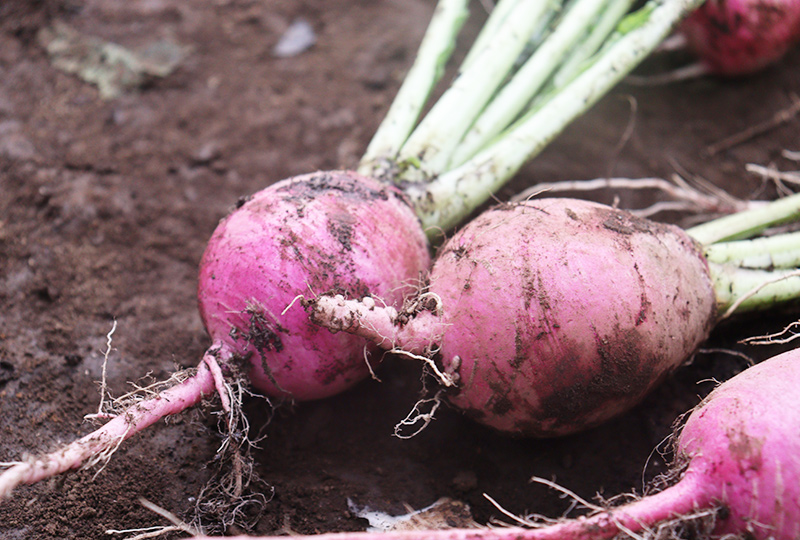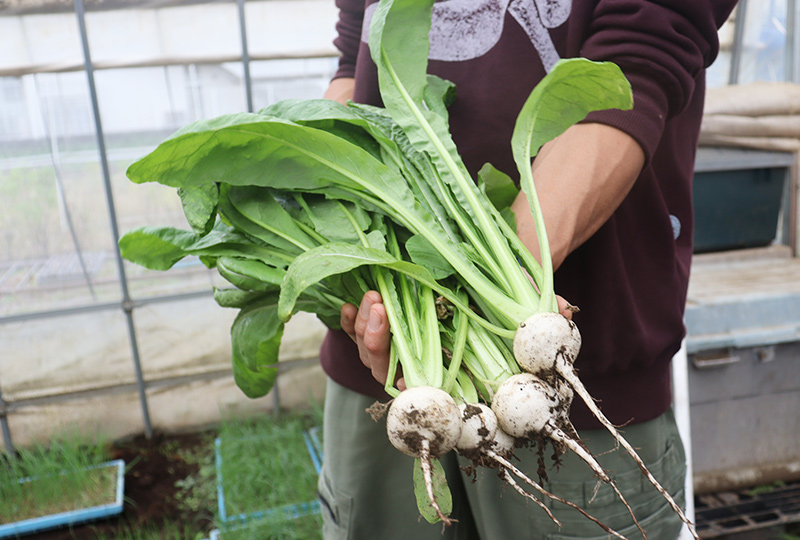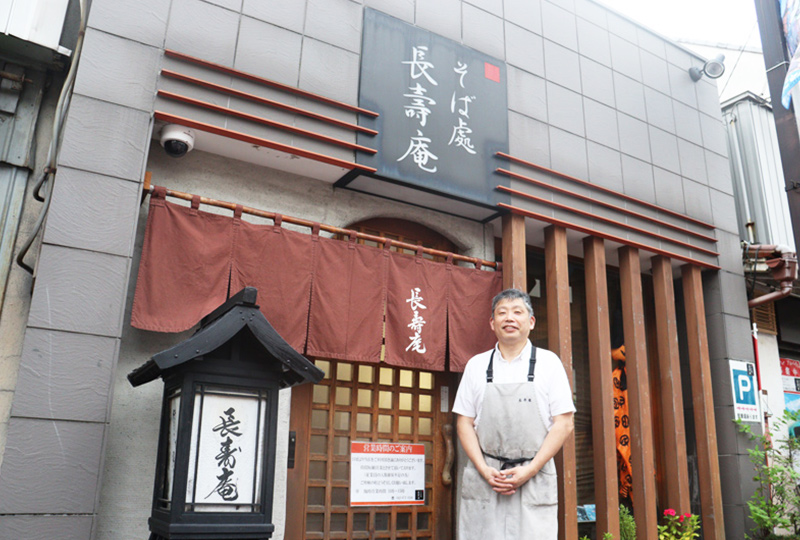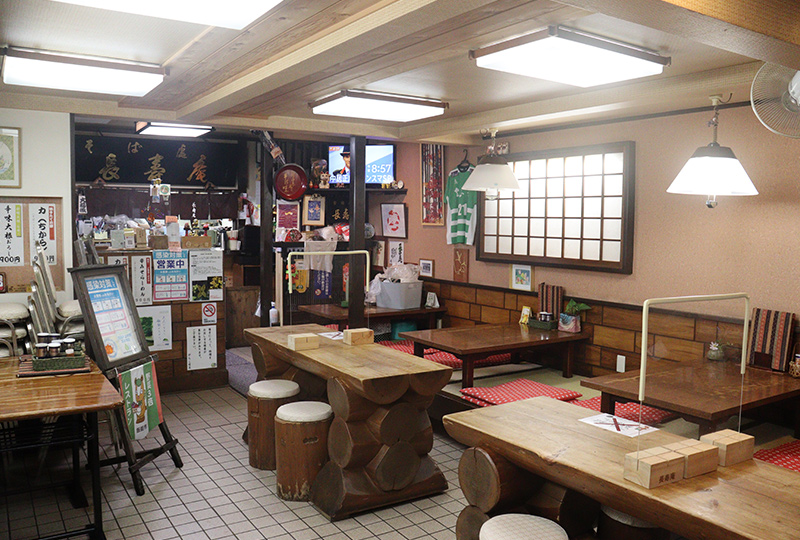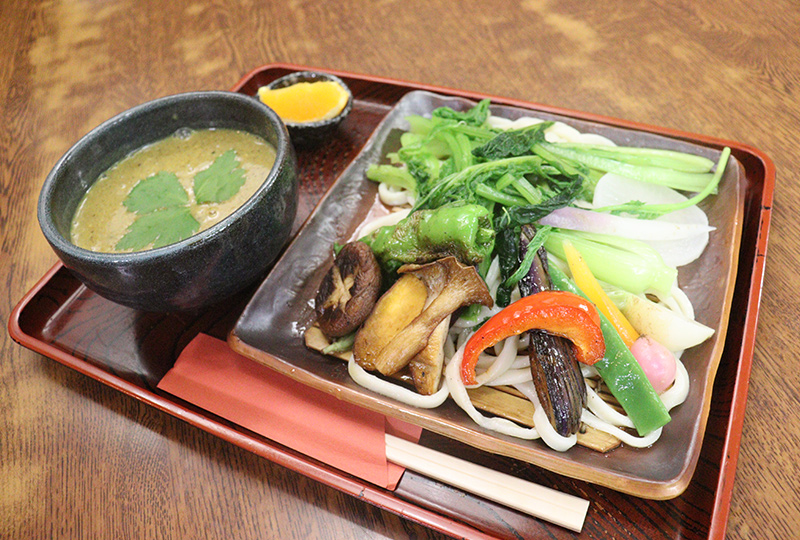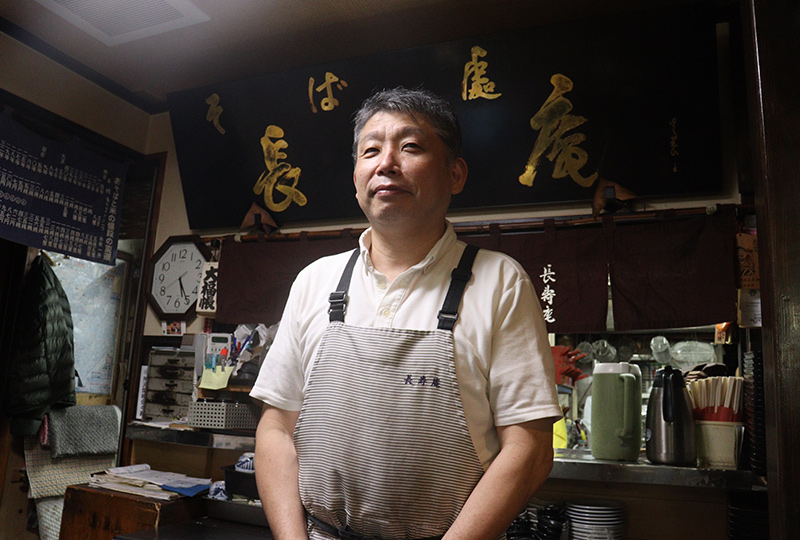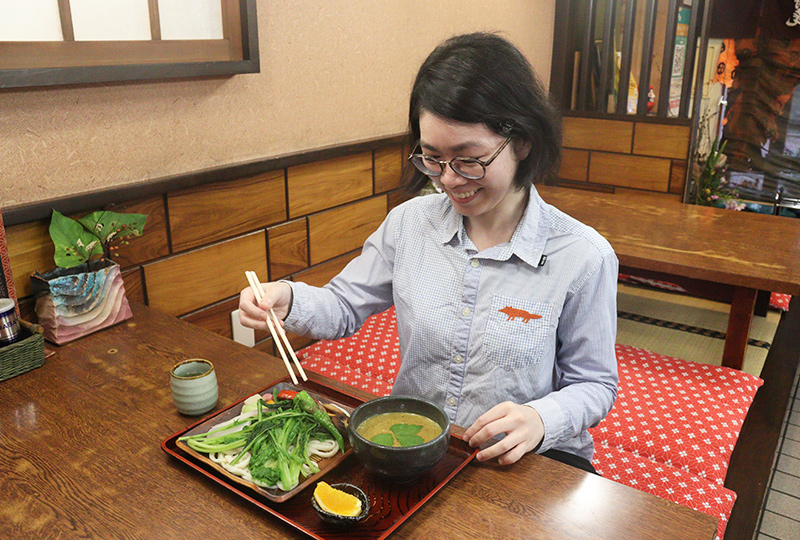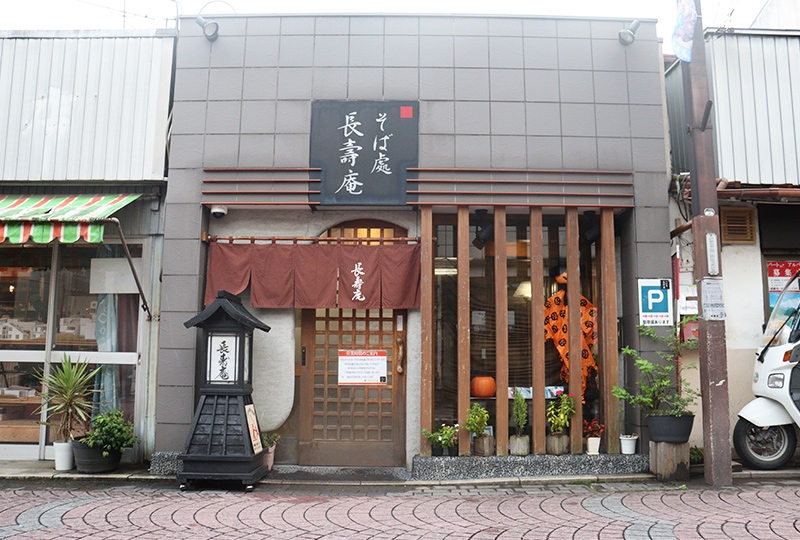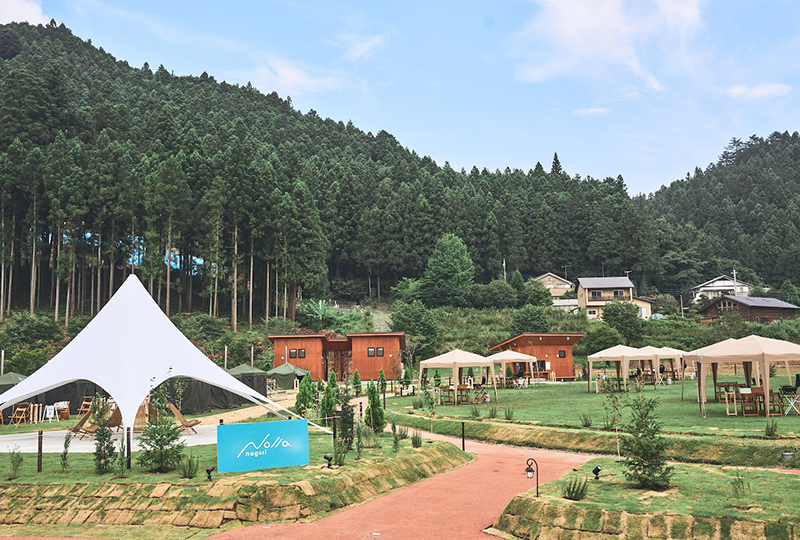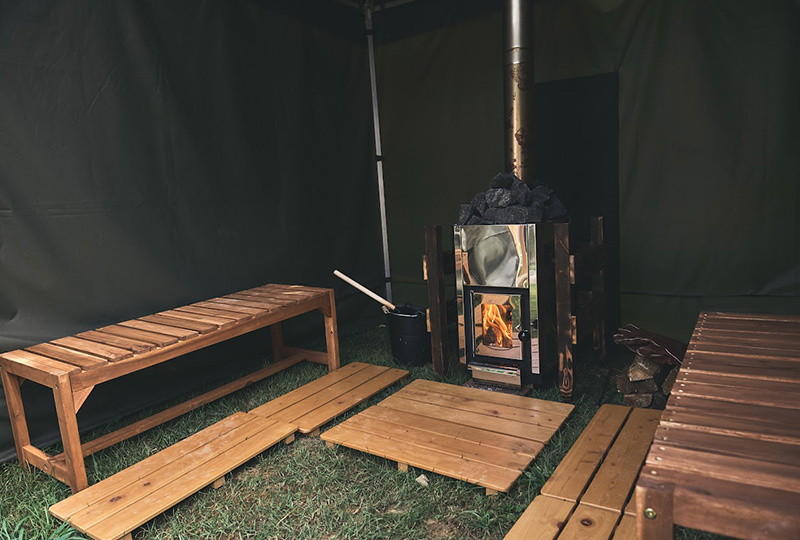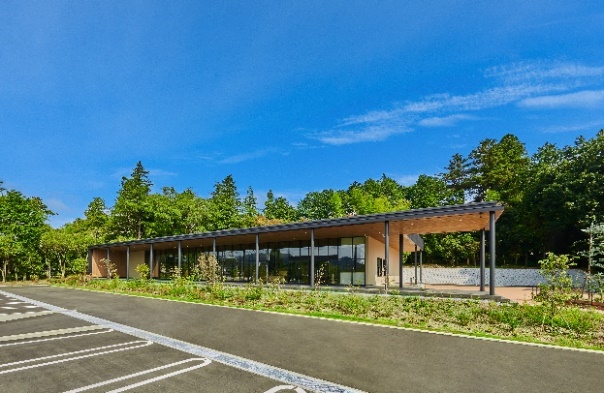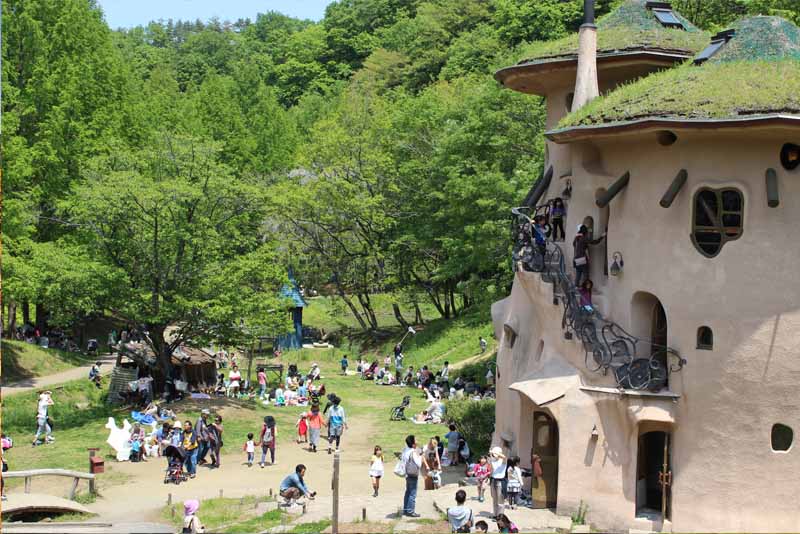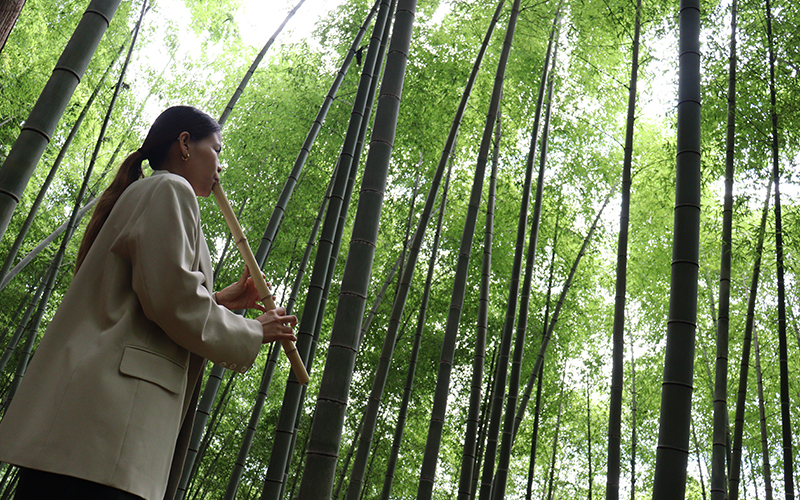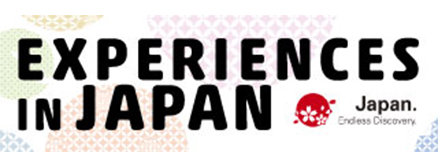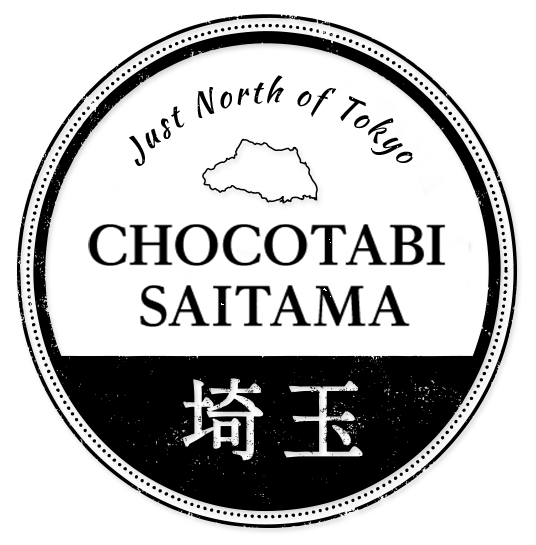Have a healthy time while being surrounded by nature!
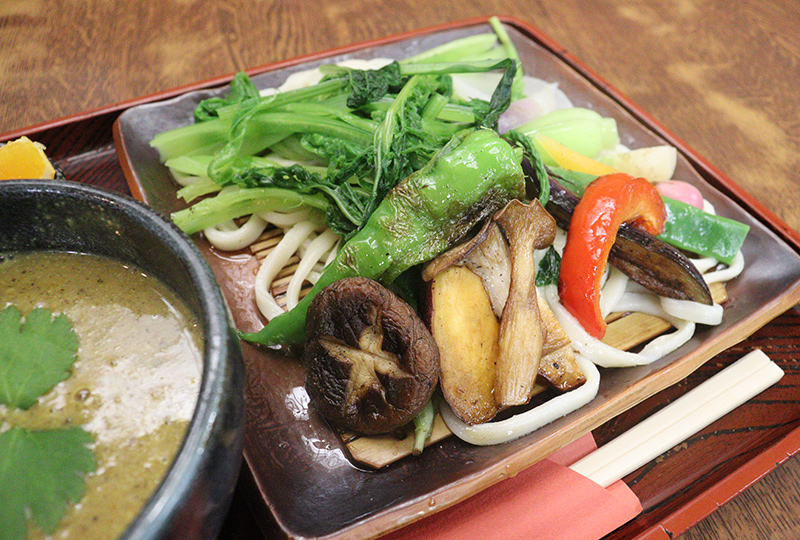
In recent years, vegan and vegetarian diets that consume a lot of vegetables are attracting people’s attention from the perspective of health and environmental conservation.
In Japan, I see many people who have started their own vegetable gardens.
This time, we would like to introduce a healthy eating trip to Hanno in the southwestern part of Saitama Prefecture, where you can refresh your five senses while enjoying nature.
Hanno City is an area where you can come into contact with the rich nature of Oku Musashi.
It can be reached in about an hour by train from Ikebukuro in Tokyo.
Since about three quarters of the city area is covered with forests, it has a flourishing history as a production area of high-quality timber “Nishikawa wood” from the Edo period, and that tradition of abundance has been passed down to the present day.
Thanks to the long history of forestry, the people of Hanno have long lived a lifestyle of coexistence with trees and forests.
This time, we heard about healthy food that there are vegetables called “Open Pollinated Vegetables”, that have been nurtured by natural farming and have been repeatedly harvested to connect “life” from generation to generation. They are also called “Heirloom Seeds Vegetables”.
And we will learn about the real pleasures of vegetable cultivation at a seed shop in Hanno city, that specializes only in the “Open Pollinated Seeds”.
So, we would like you to see the charm of Hanno where you can enjoy vegan food at local restaurants, getting close to nature and living with forests.
How about traveling a little far out of Tokyo and experiencing this healthy trip in Saitama?
Noguchi Seeds
First, let’s start with “Noguchi Seeds”, the only seed shop in Japan that sells only seeds for growing open pollinated vegetables.
“Noguchi Seeds” is located along the Naguri River, about 20 minutes by bus from Hanno Station.
When you arrive at the front of the store, the first thing that will catch your eye is the signboard of “Phoenix,” the work of manga artist Osamu Tezuka.
This is related to Isao Noguchi’s career as the first editor of Mr. Osamu Tezuka’s “Phoenix” before taking over the family seedling business.
And when you enter the store, you will be surprised by various kinds of seed bags.
They are handling 600 to 700 kinds of seeds a year, and they also have vegetables such as cabbage, Chinese cabbage (hakusai), and bok choy that are often seen, as well as slightly rare vegetables lined up in the shop.
All of these are seeds to grow open pollinated vegetables.
We interviewed Mr. Noguchi, the owners of “Noguchi Seeds” and Mr. Onochi.
Open pollinated seeds are seeds that have been used for a long time.
Although they are unsuitable for mass production due to variations in growth conditions, they are very delicious because you can feel the original “vegetable taste”.
On the other hand, what has become mainstream in modern agriculture is the seed called “F1” (first filial generation), which can be produced in large quantities with the same quality.
Even though F1 seeds are necessary to meet the world’s food demand, there are concerns about the effects such as the elimination of microorganisms that live in the soil by spraying herbicides on the soil for cultivation, and the use of strains that do not have stamens to produce vegetables that cannot produce offspring.
Therefore, at Noguchi Seeds, they are focusing on providing the seeds of open pollinated vegetables because they want to grow them by themselves and sustain their lives.
It can be said that this way of thinking is an initiative that leads to the SDGs (Sustainable Development Goals), which are getting attention around the world.
There is a machine called a seed germination machine in the store. Before selling the collected seeds, they will run a test to see if the seeds can germinate properly or not. Mr. Noguchi values the trust of customers and the enjoyment of growing vegetables.
“It would be sad if the seeds that customers came all the way to buy did not germinate,” said Mr. Noguchi.
This time, we went to see the open pollinated vegetable garden of “Noguchi Seeds”. The first place to go is the vegetable garden at the top of the mountain.
Mr. Onochi explained that in order to collect seeds from open pollinated vegetables, he has to keep a sufficient distance from the environment to prevent pollen from other varieties spreading to the vegetables.
Or else we won’t be able to maintain the real quality of the open pollinated seeds.
By taking a quick look at one side of the planted turnip leaves, seems to indicate whether or not the turnips are growing well as the open pollinated vegetable.
On the other hand, at another open pollinated vegetable garden near the outskirts of the city, they are growing a variety of vegetables that are less affected by the growing environment.
There are many varieties that Mr. Onochi has grown on a test basis, and there are also vegetables such as overseas varieties of tomatoes and eggplants that cannot be seen in Japan.
No fertilizers or pesticides are used, so you can pick and eat them as they are.
When harvesting each open pollinated vegetables, we carefully select only the best seeds.
We felt that the secret to producing high-quality seeds lies in the love that the people involved spend in growing them, and in the uncompromising standards of judgment.
As Mr. Onochi said, these days people are more conscious about health. Not only the number of customers seeking open pollinated seeds and even Japanese seeds has increased, but local farmers in Hanno and people who have recently moved to Hanno are also starting to plant open pollinated seeds.
Self sufficiency by saving seeds of open pollinated vegetables that you grow, will sustain life and will benefit mankind and the diversity of nature as well.
*Please note that taking vegetable seeds overseas may be prohibited depending on the country or type.
<Noguchi Seeds>
Address: 192-1 Kosedo, Hanno City, Saitama Prefecture
Access: About 20 minutes by bus or car from Hanno Station on the Seibu Ikebukuro Line.
Chojuan
After learning about open pollinated vegetable, would you like to taste the foods using these delicious veggies?
Next, let’s head to Chojuan, a soba restaurant in the Hanno Ginza shopping street. This restaurant is about 5 minutes walk from Hanno Station.
The restaurant’s appearance will make you feel the atmosphere of nostalgic Japan.
Once you walk through the noren curtain, you will be surrounded by a homey, nostalgic atmosphere. Even if you come alone, you can feel free to stop by.
Chojuan has been working on an oriental vegan menu for some time now, to meet the needs of vegans and vegetarians which has been increasing in the past years.
Of course, the vegetables they use for cooking are regional vegetables, mainly local open pollinated vegetables harvested in Hanno.
What I ate this time was the new oriental vegan friendly menu “Tokimeki Curry Udon (3X large serving of open pollinated vegetables)”.
Colourful vegetables that are lined up, will intrigue your appetite. You can eat fresh vegetables as it is, or you can eat them with curry.
The udon noodle is chewy and goes well with curry. It is served in a large portion and will make your stomach satisfied.
When I asked Mr. Yashiro, the owner of the shop, about this dish, it seemed that he had a hard time making the soup stock.
For oriental vegans, they couldn’t use bonito, which is used for making soup stock, so they were worried about alternative seasonings.
Then, they blended about 10 kinds of Indian spices with kombu and Hanno’s “Tokimeki miso” as a secret ingredient, and as a result of trial and error, they finally completed a slightly spicy curry udon that brings out the natural sweetness of vegetables.
“Tokimeki Miso” is miso which is popular among local people. It was developed as a product by the women’s association “Tokimeki”, that supported the forestry of “Nishikawa wood”, which supported the prosperity of Hanno since the Edo period.
It doesn’t use any meat, fish, or gokun (five pungent roots), so if you’re a vegan or vegetarian, or if you’re not a vegetarian, and want to fully enjoy the deliciousness of open pollinated vegetables, please give it a try.
For this new Oriental vegan menu, the ingredients are always available at the store, so you can order it directly at the store and eat it anytime!
You can choose from two flavors, “Tokimeki Curry” and “Nuts”, both are oriental vegan. In addition, the traditional Japanese food “Kitsune Udon” (Udon made with kelp stock and topped with fried tofu seasoned with sweet tofu) is also available for Oriental vegans.
The owner, Mr. Yashiro, is a very friendly and approachable person, so if you have any questions about Hanno, please feel free to talk to him while enjoying your meal.
<Chojuan>
Address: 7-28 Nakacho, Hanno City, Saitama Prefecture
Access: About 5 minutes walk from Hanno Station, Seibu Ikebukuro Line
Business hours: 11:00-15:00 (shortened business hours)
*Business hours are subject to change, so please check the URL below.
Regular holiday: Thursday
Nolla Naguri
Would you like to stay in a popular glamping facility that just opened in 2020 and enjoy the BBQ in an open space on the mountains?
For the BBQ, they also offer a menu as option for Oriental Vegan.
Nolla Naguri, a complex facility that allows you to experience Scandinavian culture in a place surrounded by nature, which is about 40 minutes by bus from Hanno Station.
In the glamping facility, there is a space where you can relax, a dining terrace where you can enjoy the BBQ, and a Scandinavian outdoor sauna.
Not only that, there is also a natural hot spring near the site called “Sawarabi no Yu” using “Nishikawa wood”. You can spend a good time here to refresh in the mountain environment.
The Oriental Vegan menu that you can taste here is a Nolla original brochette without five pungent roots which uses open pollinated vegetables and soy meat produced in Hanno.
You can enjoy its deliciousness even if you are not a vegan or vegetarian. The marinated soy meat is very soft and juicy. The colour of the vegetables also makes it an attractive dish.
The Oriental Vegan menu is available as an additional BBQ menu and requires advance reservation.
You can visit Nolla Naguri as a day trip or spend a night, and you can also enjoy shopping for local vegetables and specialty products.
Not only “Sauna Club” where you can experience the Finnish tent saunas and the Nordic BBQ “Kokko BBQ”, you can also enjoy shopping for local specialties and vegetables as well.
<Nolla Naguri>
Address: 607-1 Shimonaguri, Hanno City, Saitama Prefecture
Access: About 40 minutes by bus from Hanno Station (North Exit, Bus stop no. 3 ). Get off at “Nolla Naguri / Sawarabi no Yu” and you will see the facility right there.
Regular holiday: Open all year round (For temporary closing, please check the following URL.)
URL: http://www.nolla-naguri.jp/
<Click here for related articles>
This time, we have introduced Hanno, where people values health, nature, and the continuation of tradition. You can easily visit Hanno by train from Tokyo and enjoy a trip that refreshes your mind and body.
In Hanno City, there are other spots such as a popular theme parks “Moomin valley Park”, “Naguri Canoe Factory” where you can make things and experience canoeing, and “OH!!! ~Fermentation, health, magic of food!”, etc.
Vegans, vegetarians, or even non vegetarians can enjoy sightseeing and delicious food to their heart’s content without worrying about what kind of foods they will eat.
On your next trip to Japan, please visit and experience the charm of Hanno.

